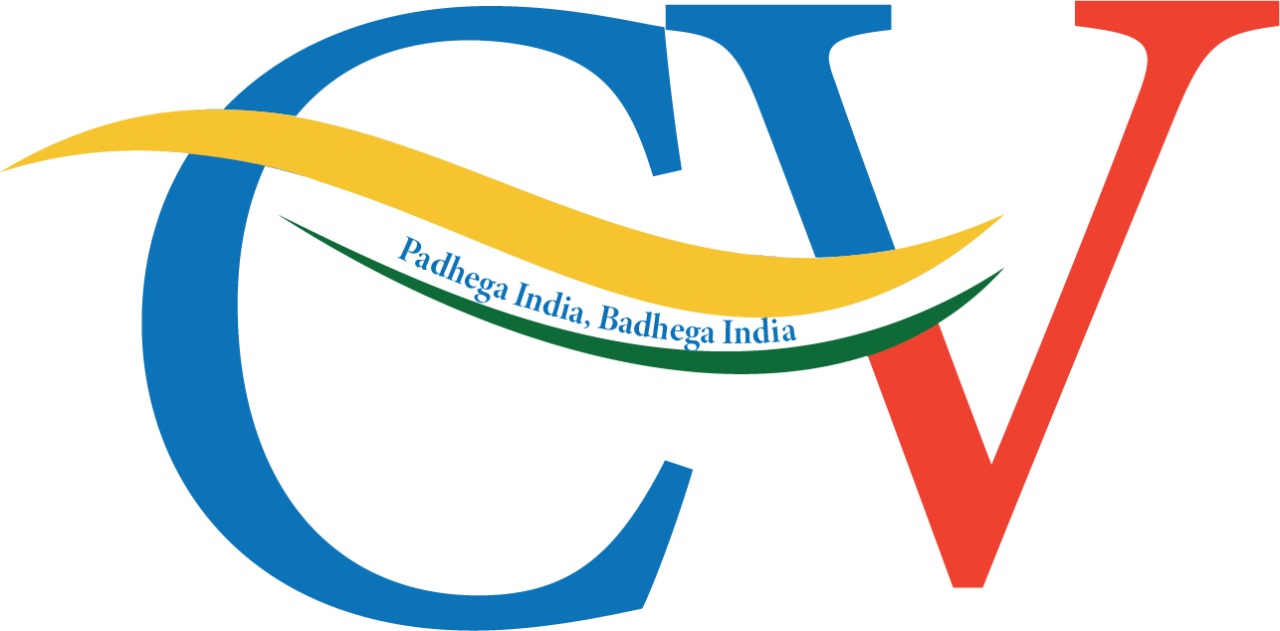UGC JRF (Junior Research Fellowship) is a national-level exam conducted to select candidates for research (PhD) and for assistant professor positions in colleges and universities. The exam is conducted as part of the UGC-NET exam. If the candidate scores high enough to qualify for JRF, they receive a monthly fellowship while pursuing research in a recognized university. The fellowship helps students financially so they can pursue full-time research without needing a job.
Eligibility requirements:
-
You must have completed or be in the final year of a master’s degree.
-
Minimum 55% marks in post-graduation (50% for reserved categories).
-
There is an age limit for JRF: maximum 30 years (relaxation for reserved categories).
-
No age limit for Assistant Professor eligibility.
-
You need to take the UGC-NET exam, which has two papers.
Benefits:
-
JRF fellowship amount:
-
First 2 years: around ₹31,000 per month
-
Next 3 years: around ₹35,000 per month (after assessment)
-
-
HRA is provided based on university/institute rules.
-
You get access to research labs, projects, resources, and guide support.
Exam pattern:
-
UGC NET has 2 papers.
-
Both papers are objective and conducted in one session.
-
Paper 1: General teaching and research aptitude (50 questions, 100 marks).
-
Paper 2: Subject-specific (100 questions, 200 marks).
-
No negative marking.
Opening Date: 25-Feb-2026 02:27 AM
Closing Date: 25-Feb-2026 02:27 AM
Detailed Syllabus for UGC-NET JRF
Paper 1 (same for all subjects):
-
Teaching aptitude
-
Research aptitude
-
Comprehension (reading passages)
-
Communication
-
Logical reasoning
-
Data interpretation (tables, graphs, charts)
-
Mathematical reasoning and basic number series
-
Information & communication technology (ICT)
-
People, development and environment
-
Higher education system / policies in India
Paper 2:
This depends completely on the subject chosen by the student. Each subject has its own detailed syllabus given in the official UGC syllabus document. For example:
-
Sociology syllabus includes thinkers, theories, methods, Indian society, etc.
-
English Literature syllabus includes poetry, drama, fiction, criticism, etc.
-
Commerce syllabus includes accounting, finance, marketing, business environment, etc.
-
History syllabus includes ancient, medieval, modern, historiography, archaeology, etc.
Guidelines
- All questions are mandatory and there is no negative marking.
- Duration: minutes
- Total Questions:
- Question Type: MCQ
Disclaimer
- Read the question carefully.
- Select the best answer from the provided options.
- Ensure you have a stable Internet connection.
- After selecting your answer, click on the "Submit" button.
